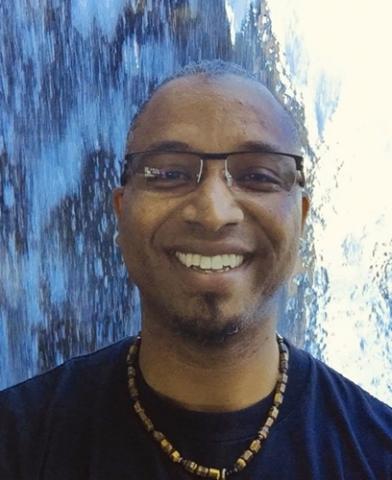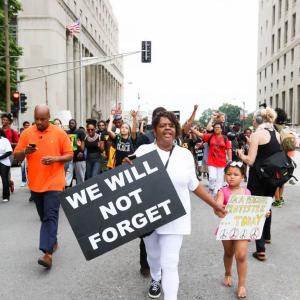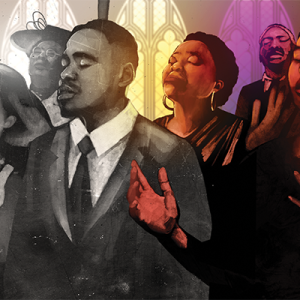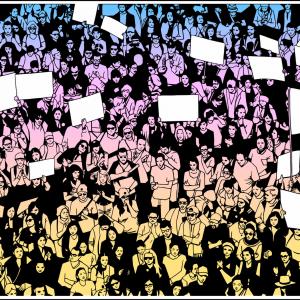
Rev. Michael-Ray Mathews, co-author of Trouble the Water: A Christian Resource for the Work of Racial Justice, is an ordained American Baptist minister and a leading pastor in the multifaith movement for justice.
Posts By This Author
My Foremothers Had Resolve. Will We?
Historically Black denominations must reclaim their prophetic roots, and white denominations need to tell the truth.
I AM A grandson of the Black South, descended from women whose lives were shaped by the long arc of American contradiction. In her later years, my maternal great-grandmother, Essie Lou or “Big Ma,” would often sit alone on her back porch. If anyone came to check on her, she would say, “It’s just me and JC.” That phrase, soft-spoken and straightforward, testified to her resilience, her intimate relationship with the Divine, and her enduring hope. From another branch of my family comes Delsie, my third great-grandmother, born enslaved in 1831. She lived to see her son register to vote in 1867, during the fleeting promise of Reconstruction. Though from different branches, both women were shaped by the same Georgian red clay, the same struggle, and the same unshakable faith. Their lives spanned the distance between hope and heartbreak — and still, they believed.
Today, I believe we are living in another such moment — one that echoes the backlash against Black freedom and multiracial democracy during the so-called Redemption period. Then, as now, the church stood at a crossroads: complicity or prophetic resistance?
Will You Be Chaplain to the Empire or Prophet of the Resistance?
In the wake of executive orders from the Trump administration targeting Muslims, leaders of faith and moral courage gathered to cultivate resistance. In this moment, resistance means providing sanctuary for undocumented citizens, rejecting policies that restrict human flourishing, and calling one another to moral citizenship in the face of immoral and unjust policies. Moral citizens, according to ISAIAH executive director Doran Schrantz, fight “for the moral and political truth that the promise of our democracy is imperiled unless all are human, all are citizens, all are free.”
Taking God’s Righteous Justice and Resistance to the Voting Booth

Image via Heather Wilson.
We are here for nothing less than a profound awakening of faith that lives at the center of a people’s movement for economic and racial inclusion, justice, and healing.

